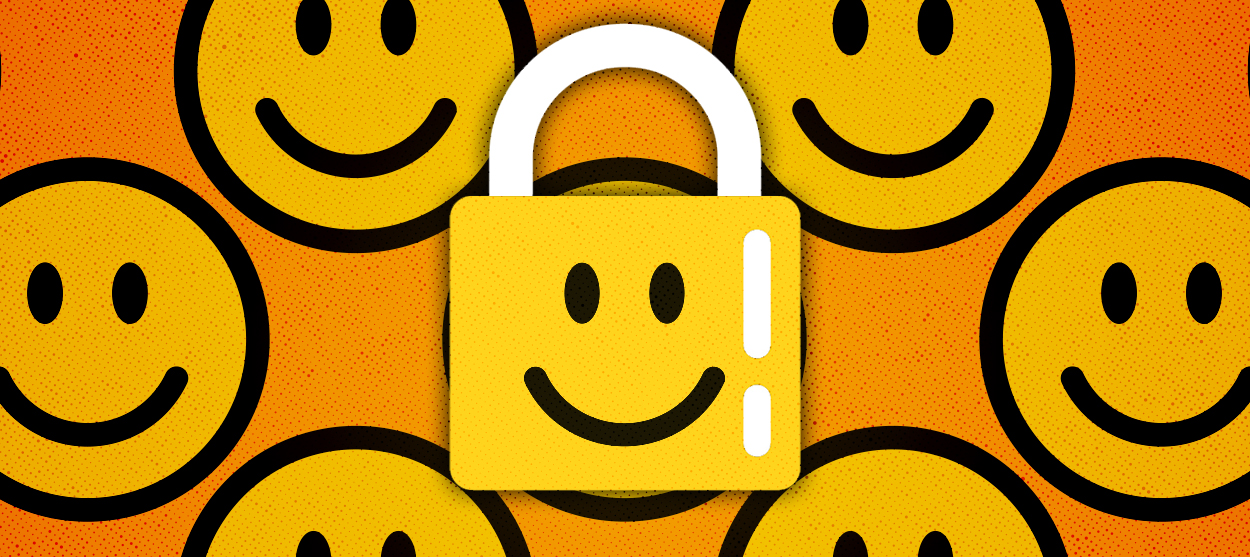Are my kids enjoying lockdown a little too much?
Some kids miss their friends. Mine don't.


A free daily email with the biggest news stories of the day – and the best features from TheWeek.com
You are now subscribed
Your newsletter sign-up was successful
I hover in the doorway of my almost-teenager's room until he looks up from his book.
"Have you spoken to any of your friends today?"
"Not really."
The Week
Escape your echo chamber. Get the facts behind the news, plus analysis from multiple perspectives.

Sign up for The Week's Free Newsletters
From our morning news briefing to a weekly Good News Newsletter, get the best of The Week delivered directly to your inbox.
From our morning news briefing to a weekly Good News Newsletter, get the best of The Week delivered directly to your inbox.
"Are you missing them?"
"I guess. I'm not missing the drama though."
We're 82 days into lockdown, and I'm having a parenting wobble. Not because my kids are unhappy, but because … well, they're too happy. My 9-year-old daughter is in contact with her peers more than her big brother is, but she agrees that it's nice to have a break from schoolyard theatricals.
That some teens have enjoyed a break from their friends might seem counterintuitive, but psychiatrist and author Gayani DeSilva, M.D., isn't surprised. "Growing up is hard to do," she says. "Kids are working very hard to understand themselves, be a good friend, and develop their brains. The process of maturing takes tremendous emotional energy, and I imagine a break from that level of effort is welcomed."
A free daily email with the biggest news stories of the day – and the best features from TheWeek.com
Indeed, tween and teen friendships are often filled with drama. That's because "they are learning how they are different from their family, but also which peer group(s) they best fit into," explains the founder of Your Village Erin Royer-Asrilant, who has a master's degree in psychology and a specialty in child development and family relationships. "They are figuring out their likes and dislikes, talents and struggles, and how they view the world."
While adolescent drama can be painful and exhausting, it's an active learning process, and it helps children develop more complex skills in group settings, says licensed clinical psychologist and parenting evaluator Melanie English, Ph.D.
"These skills can include handling emotions like rejection, learning patience, give-and-take, how to identify quality friends, letting things go and so on," she says. "Most of the 'drama' for tweens and teens can stem from the view that children this age are very egocentric — they think everyone is talking about them and looking at them. They are easily embarrassed and while they want to find their own voice, they also don't want to stray too far from the crowd — look at how many tweens and teenage friends dress alike."
Dr. English suggests using lockdown as a chance to help your child regroup, and enter into discussions with them about what's going on with their peers. This helps you identify what trends you might see in those groups, how your child is responding to those groups, and what your child's emotional temperament is. You can then model to them what you think some appropriate responses might be. Is it ignoring a comment? Spending less time with a particular person? Using humor as a response? Killing them with kindness?
This is also an opportunity to help your child understand that, unfortunately, drama is part of life. Learning to navigate and manage that drama will help them develop deep, successful relationships, Dr. DeSilva says. She suggests teaching kids to "welcome the drama," and learn how to deal with it, can help their brains develop the ability to see more nuances.
Lockdown is also a good time to highlight and strengthen kids' relationships outside of their peer group. "Point out friendships that are stable and encourage opportunities with these children or groups," Dr. English says. "Don't forget about friendships with cousins, neighbors, and extended family and foster new friendships as well — their peer/school group isn't their only source of friendship."
At some point, our kids will be back in the classroom, and some of the drama will be there waiting for them.
"I think at first some kids will really appreciate these friendships and the connection," Royer-Asrilant says. "Once things are full back to normal and the memory of this time fades, I would expect, while there may be profound changes and deeper self-understanding among many tween/teens, within six months to a year it will be pretty much back to how it was pre-pandemic."
Want more essential commentary and analysis like this delivered straight to your inbox? Sign up for The Week's "Today's best articles" newsletter here.
Claire Gillespie is a freelance writer with bylines on Health, SELF, Refinery29, Glamour, The Washington Post, and many more. She likes to write about parenting, health, and culture. She lives in Scotland with her husband and six kids, where she uses every (rare) spare moment to work on her novel.
-
 How the FCC’s ‘equal time’ rule works
How the FCC’s ‘equal time’ rule worksIn the Spotlight The law is at the heart of the Colbert-CBS conflict
-
 What is the endgame in the DHS shutdown?
What is the endgame in the DHS shutdown?Today’s Big Question Democrats want to rein in ICE’s immigration crackdown
-
 ‘Poor time management isn’t just an inconvenience’
‘Poor time management isn’t just an inconvenience’Instant Opinion Opinion, comment and editorials of the day
